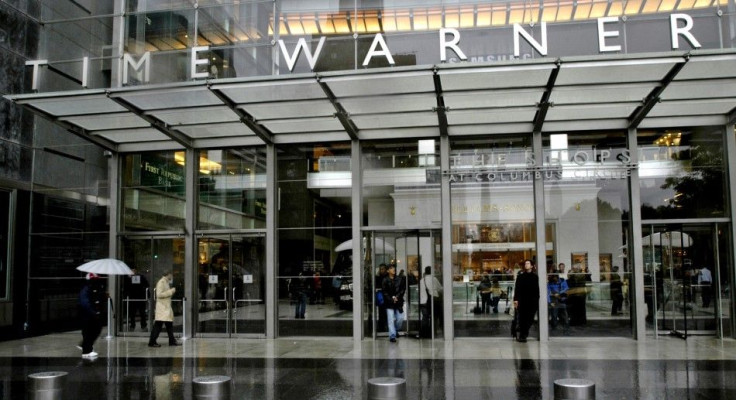Time Warner Cable Retains CBS After Temporary Blackout In New York, Los Angeles

Time Warner Cable Inc (NYSE:TWC), on Tuesday, agreed to retain the television stations of CBS Corporation (NYSE:CBS) on air in major U.S. cities including New York and Los Angeles, after the network was temporarily dropped around midnight on Monday, when the two parties failed to reach an agreement on fees.
Negotiations between the two sides, which started in New York on Monday morning, continued overnight, following which Time Warner agreed to keep CBS on air, the cable operator’s spokeswoman said, according to a Reuters report. The business association between the two sides is now based on hourly extensions of a contract, which expired in June.
A potential blackout would affect 3.5 million Time Warner Cable subscribers in cities including New York, Los Angles and Dallas, as well as subscribers of cable channels owned by CBS such as Showtime -- that airs popular shows including Homeland -- TMC, Flix and Smithsonian, which face the threat of being dropped on all of Time Warner Cable’s systems.
“CBS wants Time Warner Cable to pay over 600% more than we pay in other areas from coast to coast for the same programming. It’s unreasonable to expect our subscribers and Time Warner Cable to pay that price and we are negotiating very hard for a reasonable price,” Time Warner Cable said in a statement, on July 18. “This is not a standard debate over price increases. This is different. CBS’s demand for a 600% premium is unprecedented.”
CBS, which is the top-rated broadcast network in the U.S., and airs long-running shows such as The Big Bang Theory and N.C.I.S, has never been in a similar gridlock before nor experienced a large-scale blackout, news reports said.
“There’s progress being made and hopefully we don't go dark,” CBS CEO Leslie Moonves told reporters, on Monday night, in Los Angeles, according to Reuters. “We still believe our content is worth a lot of money.”
Time Warner earlier said that Moonves “doesn’t seem to care about our customers’ budgets or the going rates for CBS programming,” adding: “He has said “the sky is the limit” when talking about the price he thinks he deserves for his CBS stations, and he clearly means it.”
CBS, in a statement before Tuesday morning's breakthrough was reached, said: “In spite of all our efforts to hammer out a fair agreement, Time Warner Cable has dropped CBS and Showtime from its channel lineup effective midnight EDT. Meanwhile, they continue to engage in a public campaign of disinformation and voodoo mathematics (featuring wildly inflated percentages) while doggedly restating their positions. Time Warner Cable seems incapable of accepting the concept that the value of a company's programming should be in line with its popularity,” according to news reports.
Television channel blackouts are not uncommon, and have largely been the result of disagreements between television content providers, and cable and satellite television operators who pay fees to transmit the content.
In July 2012, television networks owned by Viacom, Inc. (NASDAQ:VIAB) including MTV, Nickelodeon, BET and Comedy Central were unavailable for 10 days, after Viacom failed to strike an agreement with satellite operator DirecTV.
© Copyright IBTimes 2025. All rights reserved.






















